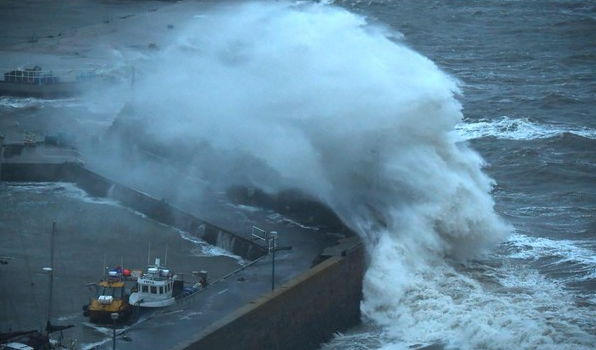
The party vows to address the Raac crisis affecting NHS buildings, accusing the Conservatives of inaction
The Liberal Democrats have committed to spending £1 billion a year on repairing “crumbling” NHS hospitals if they win the upcoming General Election, highlighting the dangerous condition of healthcare facilities suffering from the deteriorating reinforced autoclaved aerated concrete (Raac).
Accusing the Conservative government of failing to tackle the issue, Lib Dem deputy leader Daisy Cooper criticised the inaction on Raac, claiming millions of patients would be treated in unsafe hospitals by 2030. Cooper warned that the NHS has been left to “crumble,” with patients and staff forced to work in hazardous environments. She stressed that the NHS should not be in a “constant state of fear” due to the safety risks posed by deteriorating buildings.
Raac, a material once commonly used in construction, has been identified as a significant risk in public buildings, including schools and hospitals. The concrete has reached the end of its expected lifespan and is now crumbling, threatening the integrity of essential healthcare facilities.
NHS Providers’ CEO Sir Julian Hartley emphasised the severity of the issue, stating that “crucial chunks of the NHS estate are literally falling to bits” because of years of underinvestment. The NHS Confederation also voiced concern, suggesting that £1 billion would “barely scratch the surface” of the NHS’s £11.6 billion backlog in maintenance and repairs. Dr. Layla McCay, policy director at the NHS Confederation, pointed out that dilapidated buildings not only demoralise staff but also pose safety risks for patients and hinder productivity.
Despite the Liberal Democrats’ pledge, the party’s critics, including Health Secretary Victoria Atkins, dismissed the proposal. Atkins argued that the Lib Dems were merely “snipe[ing] from the sidelines” and promised “ridiculous gimmicks,” accusing them of supporting a Labour government without offering real solutions. She countered by highlighting the Conservative government’s own plan, which includes building 40 new hospitals by 2030 and launching 160 diagnostic centres ahead of schedule, which have already delivered over seven million tests, checks, and scans across the country.
The government had previously committed to prioritising the rebuilding of NHS facilities affected by Raac. However, the issue remains unresolved in many hospitals, with only four of the 58 Raac-impacted hospitals addressing the issue thus far.
As the election approaches, the crumbling state of the NHS estate remains a critical point of contention, with both major parties offering contrasting approaches to addressing the crisis.

















